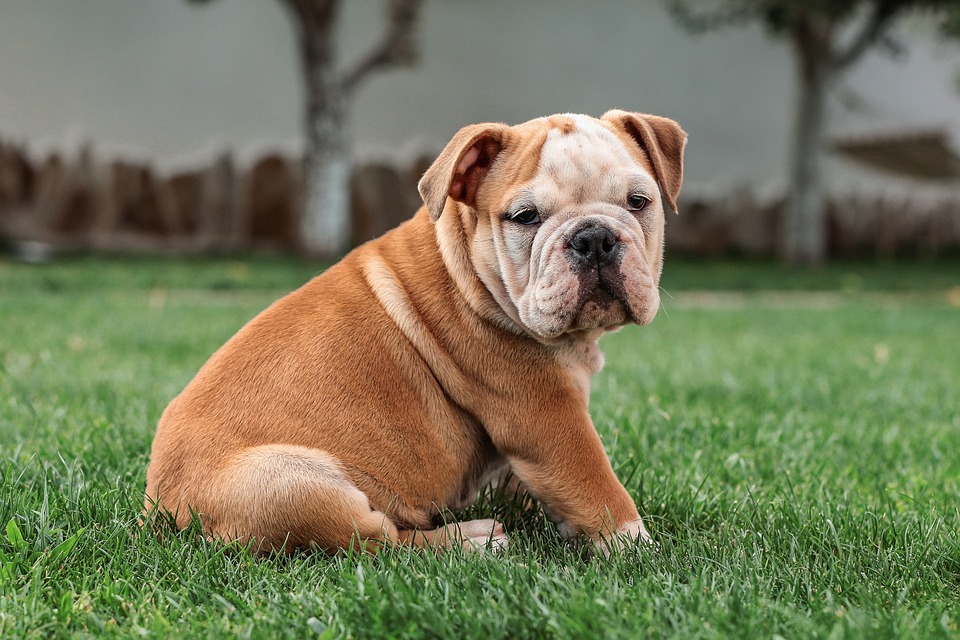Rescuing a skinny mare can be a challenging but ultimately rewarding experience. It’s crucial to work closely with your veterinarian to ensure the best care for your new equine friend. In cases of severe emaciation, it is important to follow a careful refeeding protocol to prevent refeeding syndrome, a potentially fatal condition that can occur when an emaciated horse is given too many carbohydrates too quickly.
Refeeding syndrome is a serious concern when dealing with starved horses. It is characterized by imbalances in essential electrolytes such as phosphorus, magnesium, and potassium, which can lead to organ failure and even death. To avoid this, it is recommended to start with a forage-only diet for the first two weeks. This allows the horse’s body to gradually adjust to receiving nutrients again without overwhelming its system.
When choosing forage for your mare, alfalfa is often recommended due to its lower levels of nonstructural carbohydrates and higher levels of essential minerals. If you opt for grass hay, be sure to soak it for 30-60 minutes to reduce the sugar content. Start by feeding only 50% of the horse’s daily energy requirements for the first three days, gradually increasing the amount over the following days.
After the initial two-week period, you can slowly introduce commercial feeds into your mare’s diet. High-fat, high-fiber feeds, such as senior feeds, are ideal choices for promoting weight gain in emaciated horses. It is important to introduce these feeds gradually and divide them into multiple meals throughout the day to prevent digestive upset.
In addition to a balanced diet, it is essential to provide your mare with access to fresh water and a salt block. Hydration is crucial for overall health and proper digestion. Be patient and consistent in your feeding routine, gradually increasing the amount of feed as your mare’s condition improves.
While following these guidelines can greatly increase the chances of successful rehabilitation for your rescue mare, it is important to be aware that not all horses will recover. Some may have underlying health issues or may be too far gone to fully recover. By working closely with your veterinarian and providing diligent care, you can give your mare the best chance at a healthy and happy future.





